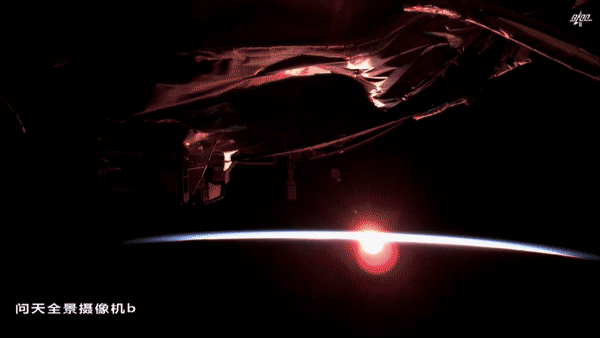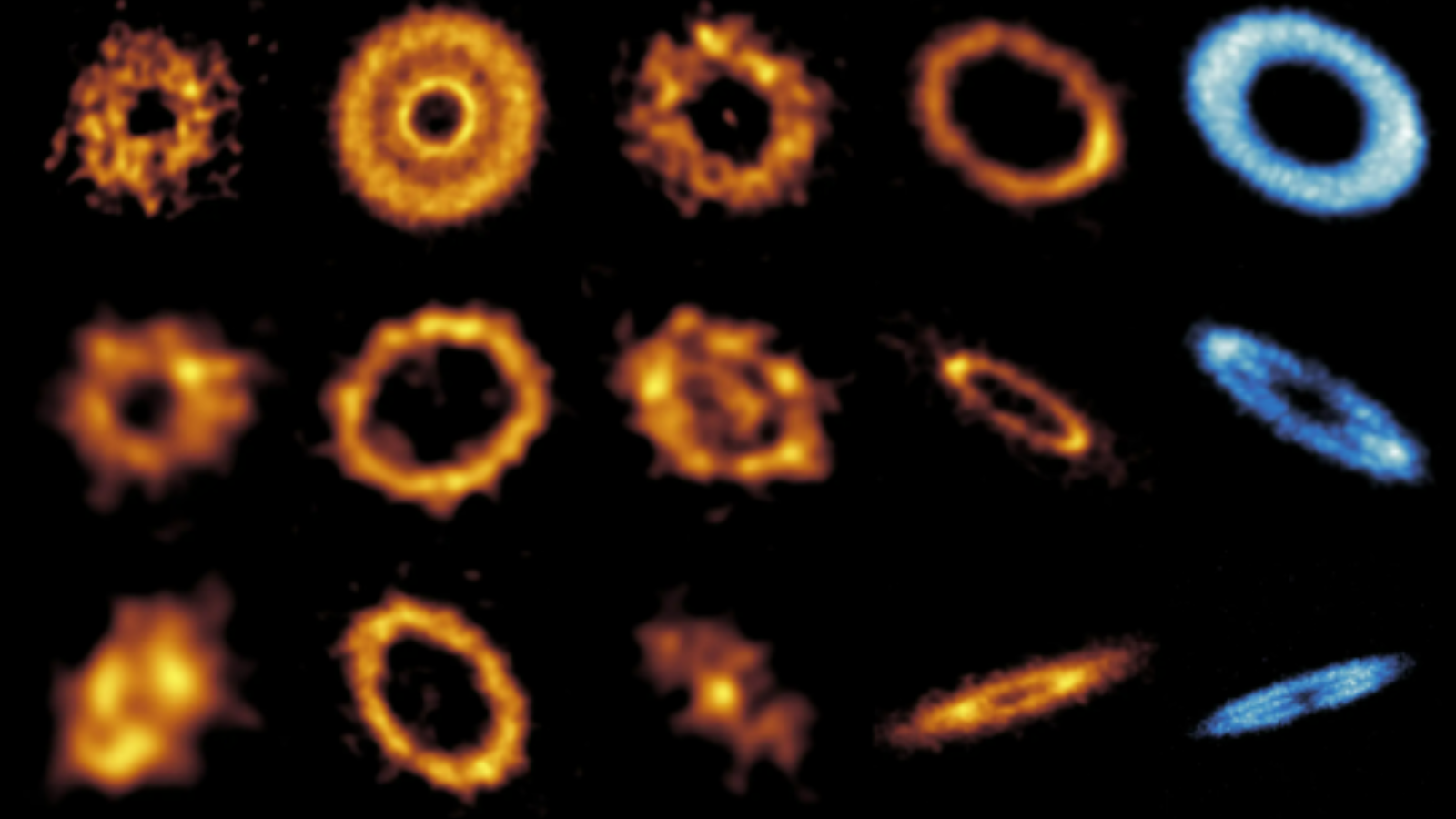China's new space station module docks, beefing up orbital science
It's the second module of China's space station.
Editor's note: This story was updated at 2:17 p.m. EDT to add comments from the Shenzhou 14 crew and Chinese mission control.
China now has a new module on its Tiangong space station.
The new module docked successfully with the Tianhe section of the crewed Tiangong space station Sunday (July 24) at 3:15 p.m. EDT (1913 GMT), according to a statement from China's space agency.
"The entire rendezvous and docking process lasted about 13 hours," wrote the China National Space Administration, according to a translation provided by Google.
Three Shenzhou 14 taikonauts, in space since June 5, reported the rendezvous and docking were "completed normally," according to translated comments available on state media provider CCTV.
"Follow-up work will be implemented according to the normal flight control plan," commander Chen Dong said in the broadcast. Chinese flight control added the docking process went smoothly, according to Zou Xuemei, chief engineer of the Wentian lab module mission in CCTV-translated comments.
Launch of the Wentian module occurred earlier on Sunday on board a huge Long March 5B rocket to join up with Tianhe. Blastoff occurred at 2:25 a.m. EDT (0625 GMT or 2:25 p.m. Beijing time).
Breaking space news, the latest updates on rocket launches, skywatching events and more!
Related: China's Shenzhou 12 astronauts send back stunning images of Earth (photos)
As with previous rocket launches of this type, the first stage of the 187-foot (57-meter) rocket will enter Earth's atmosphere in an uncontrolled fashion, and international space debris trackers are monitoring its progress.
Wentian serves double duty as a science module and as an expansion of living space aboard the previously single-module space station. It hosts experiment cabinets and astronaut sleeping quarters, allowing Tiangong to temporarily host as many as six crew members during handovers. It also sports a small robotic arm and an airlock for use during spacewalks.
Following docking, Wentian is expected to be moved to a lateral or side port using the module's 33-foot (10-meter) long robotic arm, but China has not yet released timing on that maneuver.
Tianhe and Wentian together are orbiting at 236 miles (381 kilometers) above Earth, slightly lower than the orbit of the International Space Station. China plans to launch another module in October, called Mengtian, to bring more experiments to orbit.
The country is an independent actor in space and NASA is not allowed to "engage in any bilateral activities with China or Chinese-owned companies," according to the agency. The Biden administration has also criticized China's space activities a few times recently.
Follow Elizabeth Howell on Twitter @howellspace. Follow us on Twitter @Spacedotcom or Facebook.

Elizabeth Howell (she/her), Ph.D., was a staff writer in the spaceflight channel between 2022 and 2024 specializing in Canadian space news. She was contributing writer for Space.com for 10 years from 2012 to 2024. Elizabeth's reporting includes multiple exclusives with the White House, leading world coverage about a lost-and-found space tomato on the International Space Station, witnessing five human spaceflight launches on two continents, flying parabolic, working inside a spacesuit, and participating in a simulated Mars mission. Her latest book, "Why Am I Taller?" (ECW Press, 2022) is co-written with astronaut Dave Williams.

